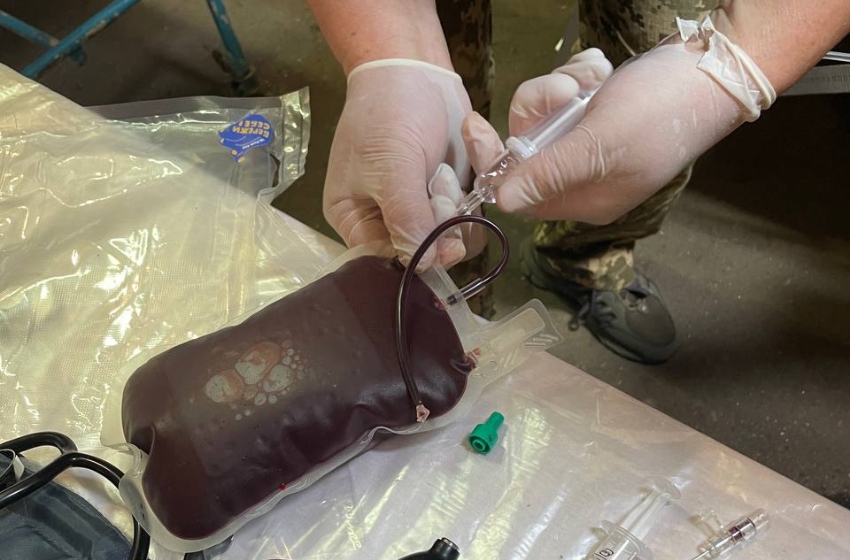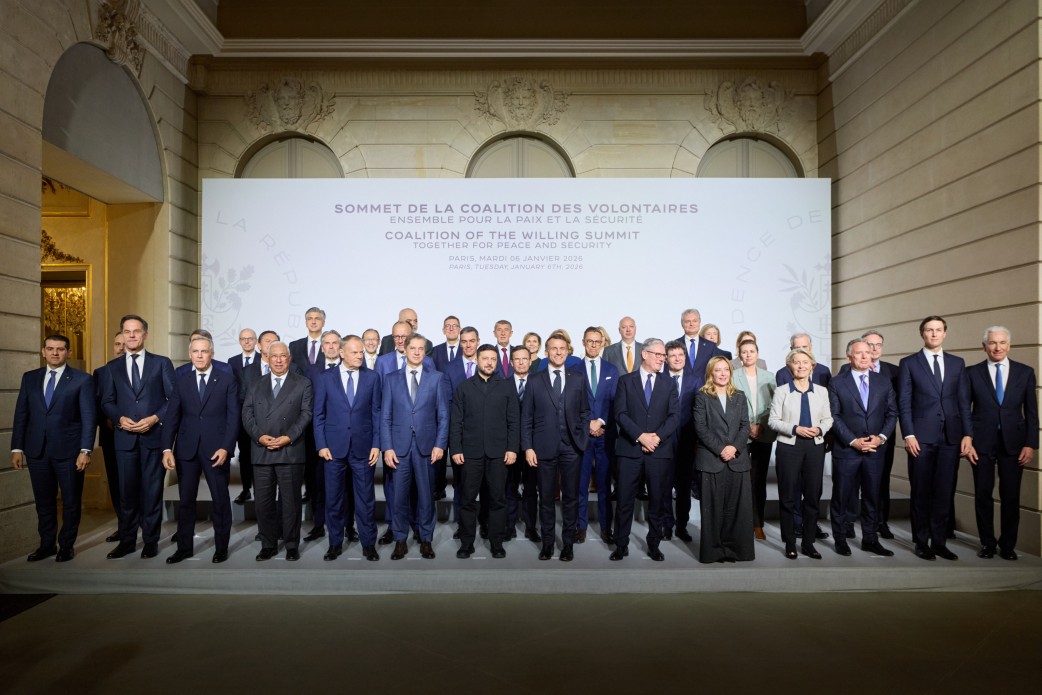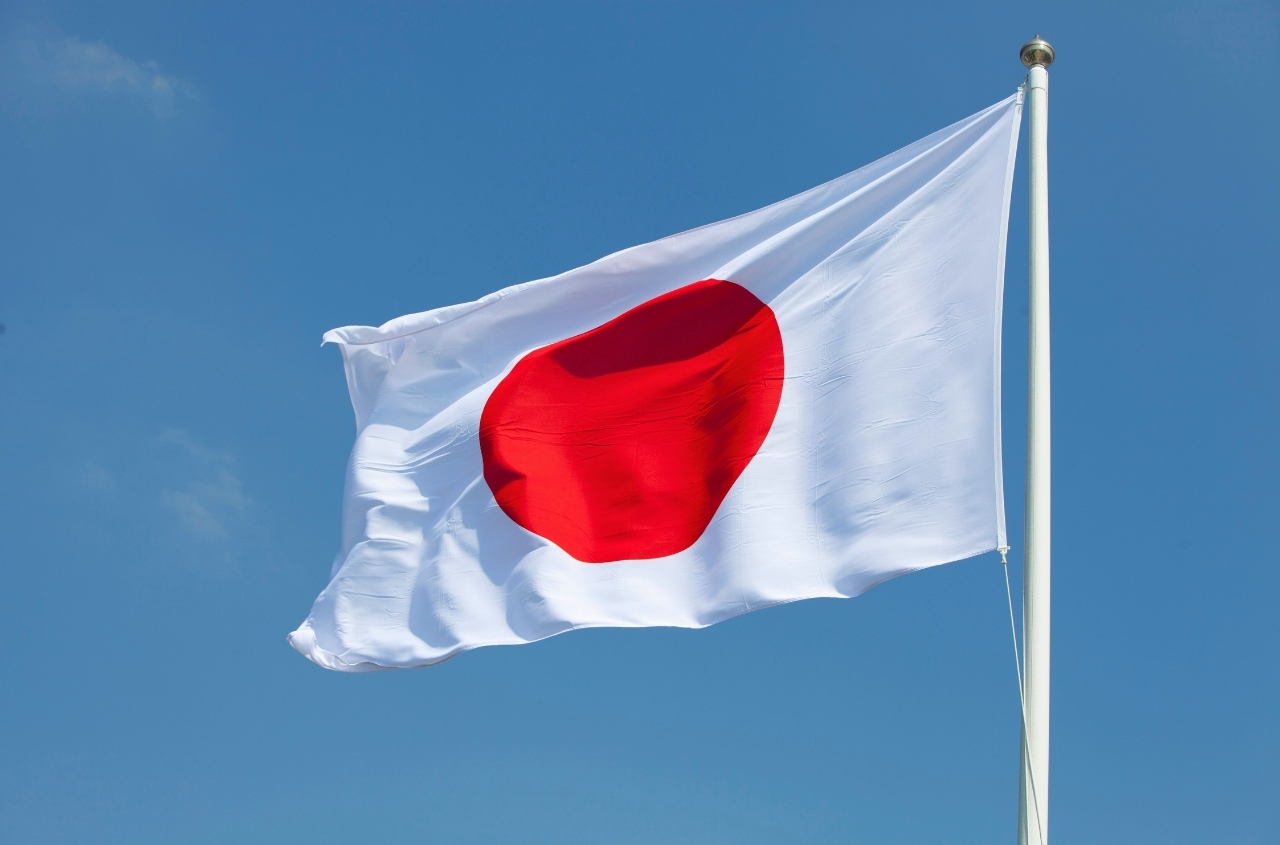Frontline stabilization points are being equipped with equipment for blood transfusion and storage. This project is being jointly implemented by the charitable foundation PULSE, which develops tactical medicine in Ukraine, with the support of Vodafone Ukraine for marine medics.
The first phase is to train personnel in blood transfusion. The second phase is to provide all necessary equipment for this procedure at stabilization points. There are plans to scale the project for other defense force units. Timely blood transfusion can save up to 50% of critically injured patients. Restoring blood volume can keep them functioning.
Blood from verified donors must be prepared in advance at the stabilization point. It is usually stored in refrigerators and then warmed using special heaters to prevent patients from suffering from hypothermia. If there is no stored blood, a so-called walking blood bank is used—direct transfusion from donor to recipient.
"Time is usually minimal, so the process of subsequent infusion can and should be accelerated. We additionally use compression bags that squeeze the pack and speed up the flow of blood through the system. The faster we get blood into them, the better their chances of survival," says PULSE co-founder Ihor Korpusov.
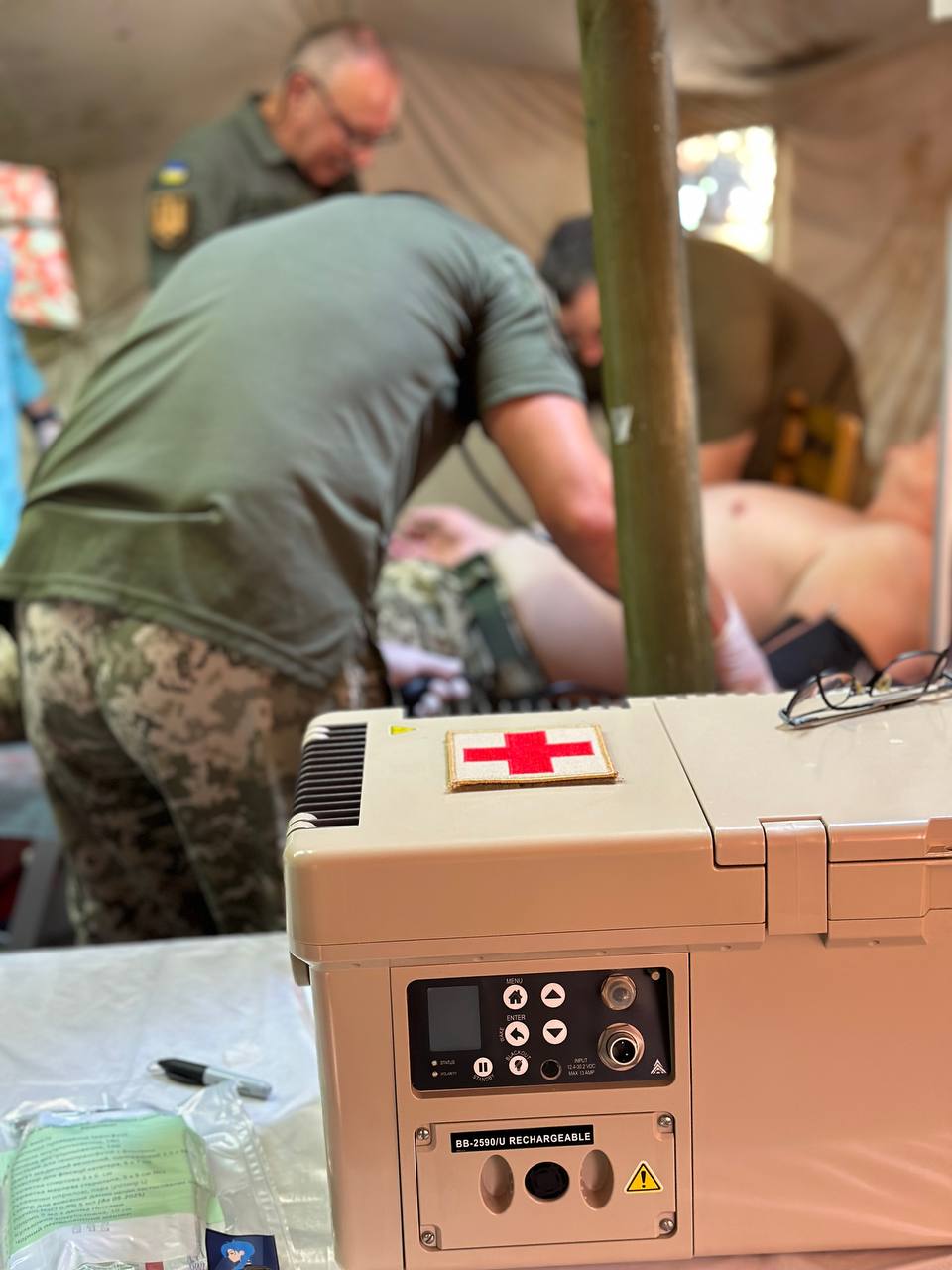
According to statistics, blood loss is the main cause of death among the wounded. In many cases, blood is transfused to the patient already in the hospital, which can be too late given the difficult conditions of evacuation from the combat zone. Early blood transfusion combined with proper bleeding control at the injury site and rapid evacuation significantly increases the survival rate of trauma victims.
Within the project, two instructor groups have already been prepared. 5 groups of combat medics from the Marine Infantry Corps are ready to perform blood transfusion procedures at the pre-hospital stage: July 18, the last group completes their training. By the end of the month, 4 stabilization points for marines will be fully equipped with everything necessary for blood storage, transportation, and transfusion.
The training is exhausting, lengthy, and meticulous. But as a result, medics know they will save more lives. The training standards comply with state regulations and the advanced practices of NATO countries
"In such a harsh and brutal war that Ukraine is waging against the aggressor, it is critical to become better, stronger, and implement the most advanced medical practices to save patients. One such practice is blood transfusion by medical personnel at the pre-hospital stage: the sooner the wounded receive blood, the better the chance to save a critically injured patient. I see the strength of the interaction between the Armed Forces, PULSE as an expert organization, the main project donor Vodafone, and other responsible business representatives in the implementation of such innovations, which is a challenging task," said PULSE co-founder Fedir Serdiuk.
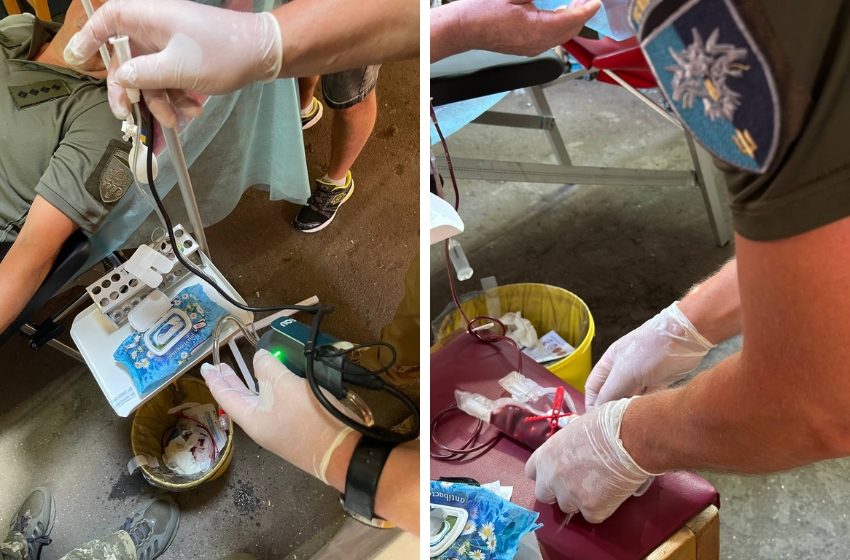
"We are proud to contribute to such an important project and are delighted to see how our support takes concrete forms. Assistance becomes truly real only when it translates into new knowledge, skills, and equipment—absolutely tangible things," says Viktoriya Ruban, Head of Public Relations at Vodafone Ukraine.
PULSE is seeking partners to scale this practice to other units.
Also You can support Ukrainian medics by contributing to this important cause at the following link: https://send.monobank.ua/jar/6xz4vryTyS









